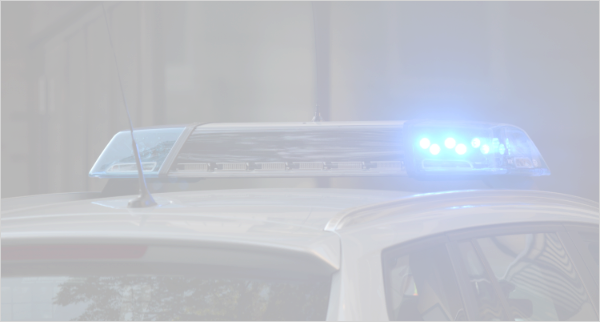
The Charter of Rights
Your rights and limits on police powers are set out in the Canadian Charter of Rights and Freedoms, which is part of the Constitution of Canada. Some of your rights include:
- Not to have to give evidence against yourself (the right to remain silent);
- Not to be unreasonably searched or to have your property seized;
- Not to be detained or held in prison without reason;
- To be told why you are being arrested or detained;
- To speak to a lawyer when you are arrested or detained;
- To be told that you have the right to right speak to a lawyer.

Conversations with the Police

Driving a Vehicle
Some of your rights are different when you are driving a vehicle. For example, an officer can stop you on a roadway without reason to check for proper licensing, sobriety, fitness of your vehicle and/or registration. You must provide identification and give your name and address if you are stopped on a roadway. If you have been in an accident, you might be required to give a statement to the police.

Vehicle Searches
Police cannot randomly search your vehicle.A police officer can only search your vehicle in four circumstances:
- Permission is given to police to search the vehicle;
- The police officer has reasonable and probable grounds to believe you have committed a criminal offence (e.g. smell of marijuana in the vehicle);
- You have been arrested and the search is incidental to the arrest;
- The police have a warrant to search your vehicle.
If an officer asks to search your car, you may say no.

Arrest

Being Interrogated by Police
Remember these three things when you are at the police station and the police are interrogating you.
- The police are permitted to lie to you! Including about the evidence they have against you although there are limits to how far they can go;
- You have the right to remain silent. You are not required to give a statement at the police station nor while in your vehicle subject to certain exceptions;
- You have the right to speak to a lawyer but you must take action in exercising this right. Ask to speak to a lawyer and call a lawyer as soon as possible. You may be given the option of calling a legal aid lawyer.

Being Detained by Police
If you are detained by a police officer, you have the right to know why. You can ask why you are being detained. In order to detain you, an officer must have reasonable grounds to suspect that you are connected to a crime. You have the right to remain silent (unless you are driving a car and are required to give an accident report). If you do not want to answer questions, you may say to an officer “I want to remain silent.” An officer who is detaining you may perform a quick ‘pat-down’ search of your person to make sure you do not have any weapons.



